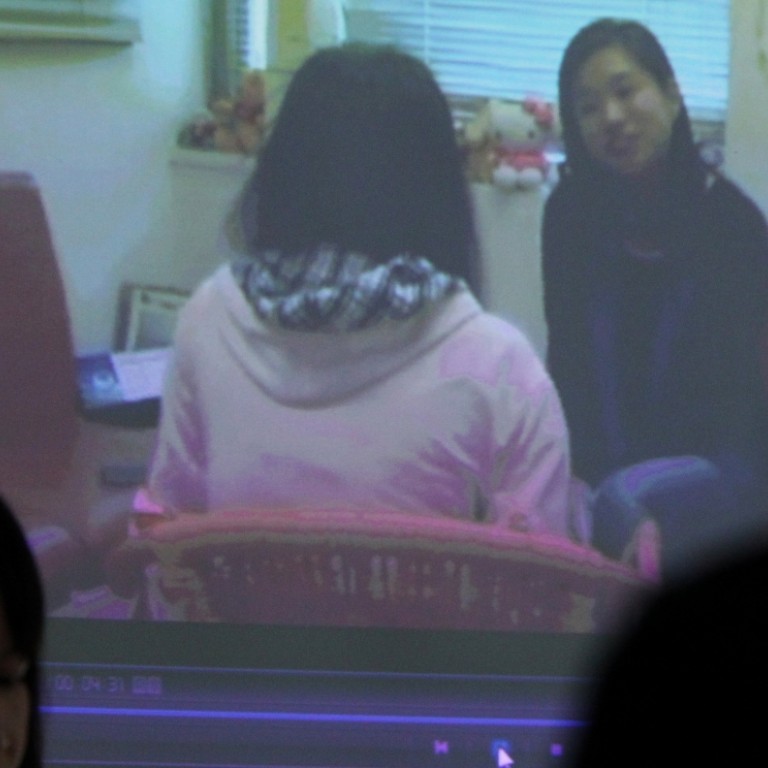
Mentally disabled people prey to 'hidden sexual violence'
Sexual assaults on mentally disabled people in Hong Kong are an increasingly common occurrence, social workers have said.
Sexual assaults on mentally disabled people in Hong Kong were an increasingly common occurrence, social workers said, reflecting both the vulnerability of the victims and the hidden nature of sexual violence.
The CEASE Crisis Centre, which works with victims of sexual violence, said it recorded 17 cases involved mentally disabled victims in the first nine months of this year, against 12 for the whole of last year. Some 76 such cases - about 10 per cent of the centre's total caseload - had been reported since it opened in 2007. All of the male victims it had worked with had mental disabilities.
Yet even those statistics did not reflect the scale of the problem, said Pandora Liu Pui-shan, the centre's assistant supervisor. Discussions with other NGOs revealed that sexual violence was "quite a common occurrence".
"Social workers from different NGOs serving the intellectually disabled community tell us there are quite a lot of [sexual violence cases] and they are common," Liu said. "Intellectually disabled people are very vulnerable - they tend to be very trusting and think simply, making them easy prey.
"Normally no one reports these cases but it doesn't mean they don't happen.
"We are reaching a very small proportion of the victims."
The centre is calling for better sexual education for mentally disabled people and greater public awareness of the issue.
Among the victims was a young woman in her 20s with mild disabilities, who was raped twice. In both cases, she became pregnant.
The woman, who joined social workers to share her story yesterday, was first raped by her boyfriend in 2009. The second rape occurred last year and involved a man she had known for just two days. In the second case, she chose to keep the baby and is now raising the four-month-old child with the help of her family, with whom she lives.
Asked whether she felt better now, she said in a barely audible voice that she was "not happy".
She said she was worried about raising the child and whether the baby would also be disabled.
"It's important to remember that these are human beings - who like all human beings crave to be loved," Liu said.
The number of mentally disabled people contacting the charity had increased by 41 per cent since 2007, she added.
A growing number of those with mild or moderate disabilities were working full time and were more engaged with society, she added. This meant they would come into contact with more people and, especially for women, be increasingly vulnerable to sexual predators.
They were often taken advantage of because, despite being very capable in many ways, mentally disabled people lacked knowledge about sex and tended to be more trusting and innocent.
"There is a serious lack of sexual education, as well understanding of these women's needs by their families too," said Anna Au Suk-ling, social-work coordinator for the vocational rehabilitation service of Tung Wah Group of Hospitals.
"If they get into a relationship with another person, family members often try to stop it which further isolates them."
The centre, part of the hospital group, had collaborated with 23 different service centres in the past month, holding information and education sessions on the topic. The centre operates a 24-hour hotline on 18281, and offers short-term housing and outreach support for victims.
